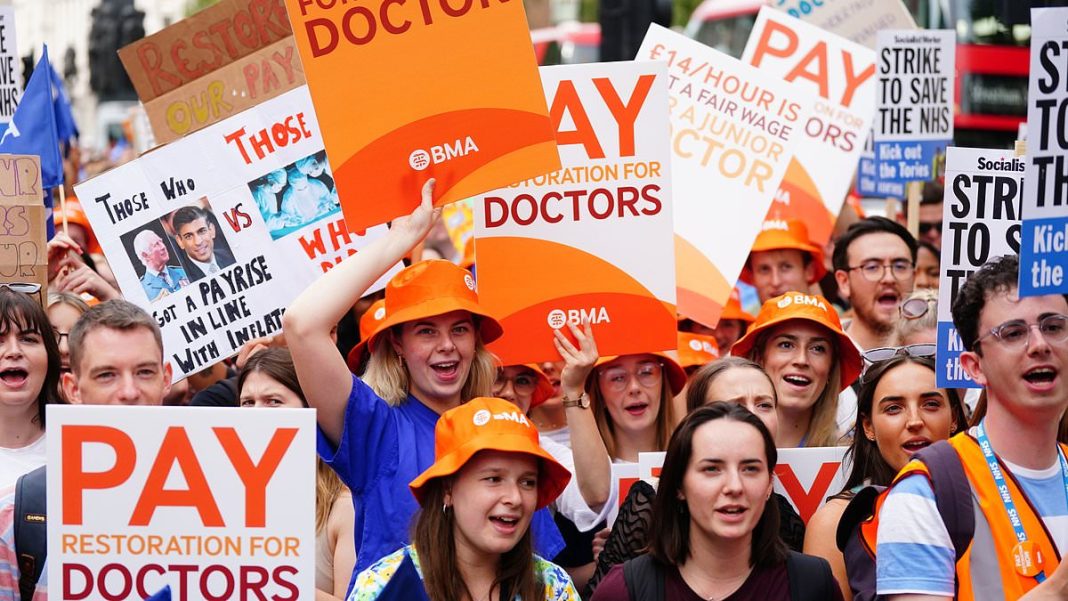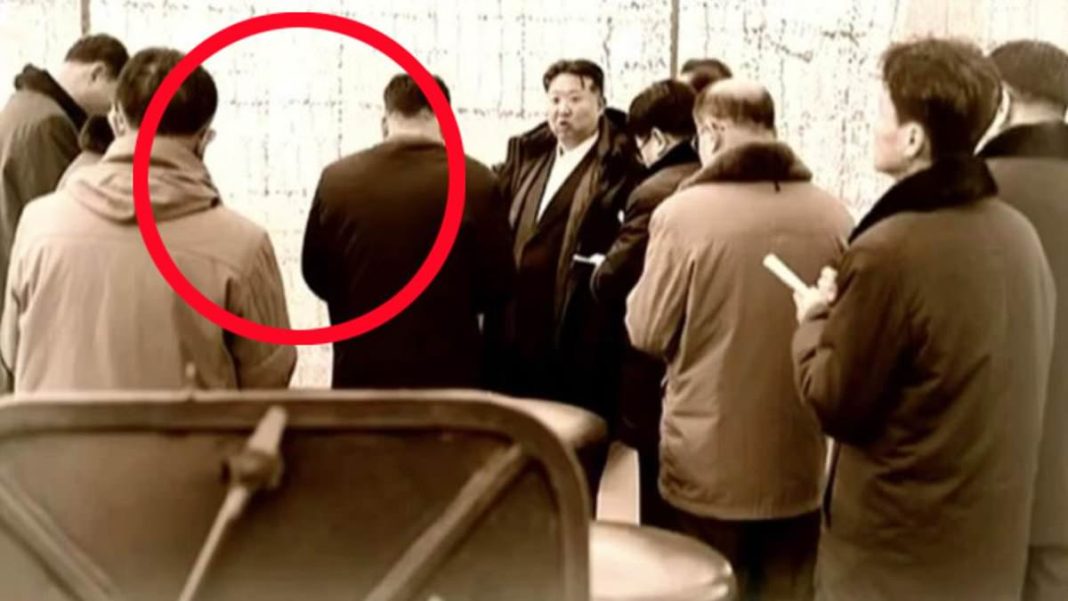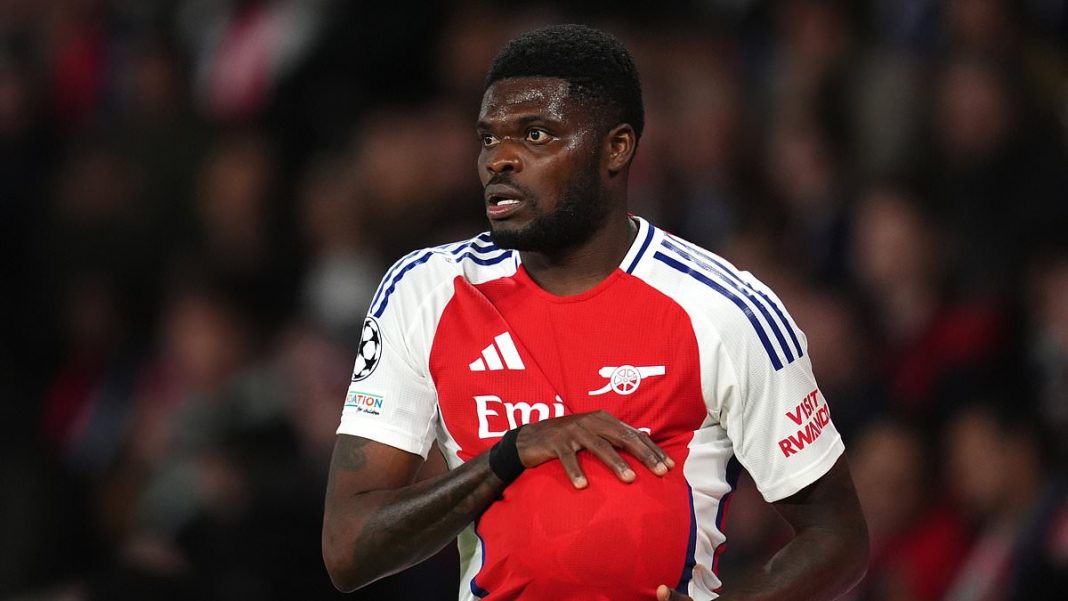Two groups of senior NHS doctors could strike this summer after their pleas for an inflation-busting pay rise were rejected.
British Medical Association (BMA) officials have announced that thousands of consultants and specialist, associate specialist and specialty (SAS) doctors will be balloted on whether they want to take industrial action in the coming months.
The move could see them join resident doctors—previously known as junior doctors—on the picket lines and add to the chorus of chaos.
It follows the Government’s announcement of a 4 per cent uplift in pay, which union leaders today labelled an ‘insult to senior doctors’.
BMA consultants committee co-chairs Dr Helen Neary and Dr Shanu Datta said: ‘Last month’s offer was an insult to senior doctors and undoes so much of the progress made last year.
‘The 4 per cent was below April’s RPI inflation, let alone anywhere close to making a dent in the huge pay cuts consultants have experienced over the last 17 years.
‘Without restoring consultants’ value we will continue to drive our most experienced clinical leaders and academics away—in many cases to better pay and conditions overseas—when patients and the public need them most.
‘These are our most senior and skilled doctors responsible not just for running services, but leading health protection and prevention, innovation and research and training the medical workforce of the future.
‘We’ve been clear to the Government that we’re ready to get around the table and to secure a better outcome for doctors, patients and the public, but with no response, we have no choice but to prepare for the possibility of further action.
‘Our resident colleagues have already launched their ballot, to which we offer them our fully-fledged support.
‘We ask the Government whether it can really risk having several groups of doctors on picket lines together later this year.
‘MPs have just over a month before recess and therefore the Government has a window of opportunity to begin negotiations.
‘If they continue to ignore us, our members will be forced to draw their own conclusions and vote accordingly, with the result of the indicative ballot at the top of MPs’ in-trays as soon as they return.’
The ballot, which opens on July 21 and closes on September 1, is indicative—meaning it won’t be used to launch industrial action.
There are around 60,000 consultants and 15,600 SAS doctors working in England.
These doctors work alongside junior doctors in hospitals, but some also work in the community.
The resident doctor ballot, meanwhile, closes on July 7 and if successful could see medics strike for up to six months in England.
Earlier this month health secretary Wes Streeting said walkouts should be the last resort, with warnings they would be ‘immensely disruptive for patient care’.
He pointed out that the average 5.4 per cent award for resident doctors is the highest in the public sector.
They claim wages have fallen 23 per cent in real terms since 2008.
But a recent YouGov poll found that 48 per cent of Britons oppose resident doctors going on strike, while 39 per cent support them taking action.
YouGov said this ‘marks a shift in opinion’ of public support of striking junior doctors last summer, when the majority of Britons – 52 per cent – said they supported the action.






